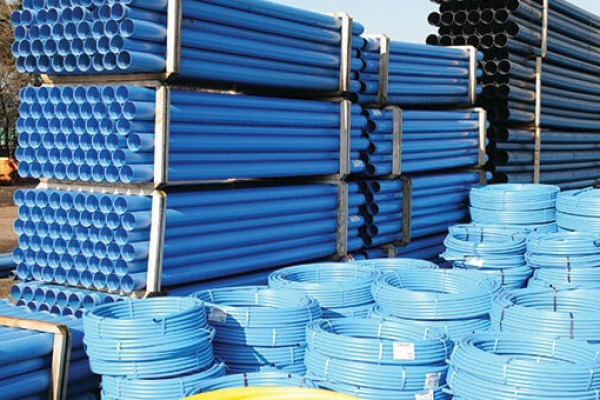
Why Polythene Sheets Are Essential for Waterproofing in UAE
Buildings and construction projects require special waterproofing due to Dubai’s unique climate. While most people think of Dubai as a desert city, it faces surprising rain challenges.
Polythene sheets have become the go-to solution for these waterproofing challenges in the UAE. They work incredibly well, cost less than many alternatives, and handle Dubai’s specific weather conditions perfectly.
How Polythene Sheets Keep Water Out
Sheets of polythene, also known as polyethylene, are composed of a unique polymer that is shaped into tough, flexible membranes in varying thicknesses. Builders all over Dubai rely on polyethylene because of its exceptional water barrier created by the way its molecules connect.
Water simply cannot pass through properly installed polythene sheets because of their non-porous structure. The tightly packed polymer chains block moisture completely. Quality sheets maintain their protective properties even during Dubai’s extreme temperature swings between day and night.
Where Dubai Builders Use Polythene Sheets
Throughout Dubai’s booming construction industry, polythene sheets solve multiple waterproofing problems. Builders place them under concrete slabs to stop ground moisture from rising into the building. During foundation construction, workers wrap foundation walls with polythene sheets before adding soil back around them, preventing moisture from damaging concrete and rusting steel supports.
On roofs, polythene sheets provide crucial protection. When placed under traditional roofing materials, they create an extra waterproofing layer against occasional heavy rain. For flat roofs (the most common style in UAE architecture), heavy-duty polythene sheets often serve as the main waterproofing barrier, protecting against both rainfall and standing water problems.
Fighting Dubai’s Coastal Humidity
While rain rarely falls in Dubai, humidity remains a daily challenge, particularly in coastal areas. Contractors install polythene sheets inside wall assemblies where they work as vapor barriers, blocking humid outdoor air from penetrating living spaces. Controlling moisture movement this way creates more comfortable indoor environments and cuts down on air conditioning expenses, a significant advantage in Dubai’s scorching climate.
Building materials gain valuable protection from polythene sheets too. Wood components, drywall sections, and many insulation varieties readily absorb moisture even when surrounded by seemingly dry air. Carefully positioned polythene sheets safeguard these materials from deterioration, dramatically extending their useful life in buildings.
Keeping Basements Dry
Developers in Dubai are increasingly adding basement levels to residential and commercial structures, which presents new difficulties for moisture control. An essential component of successful below-ground waterproofing systems is polythene sheets. Applying strong sheets to exterior foundation walls pbeforebackfilling establishes a physical barrier against groundwater pressure.
Polythene sheets flex slightly without tearing when minor structural movement occurs—a valuable quality in areas where soil conditions might cause slight settling. Combined with proper drainage, polythene sheets keep basement spaces dry and usable, maximizing the usable space in UAE properties.
Protection During Construction
Beyond permanent installations, polythene sheets provide essential temporary waterproofing during construction. They are used by workers to cover material stockpiles, preventing unforeseen rain from ruining supplies like cement, sand, and other items.
Polythene sheets are also used by construction teams to cover incomplete work, preventing water damage that could lower quality and result in costly delays.
The lightweight nature of standard polythene sheets makes them simple to quickly deploy when storm clouds form, providing invaluable protection against Dubai’s erratic rainfall patterns.
Conclusion
From foundations to roofs, polythene sheets remain essential for successful waterproofing throughout the UAE. They work exceptionally well against both occasional heavy rainfall and constant humidity challenges in Dubai’s climate.

